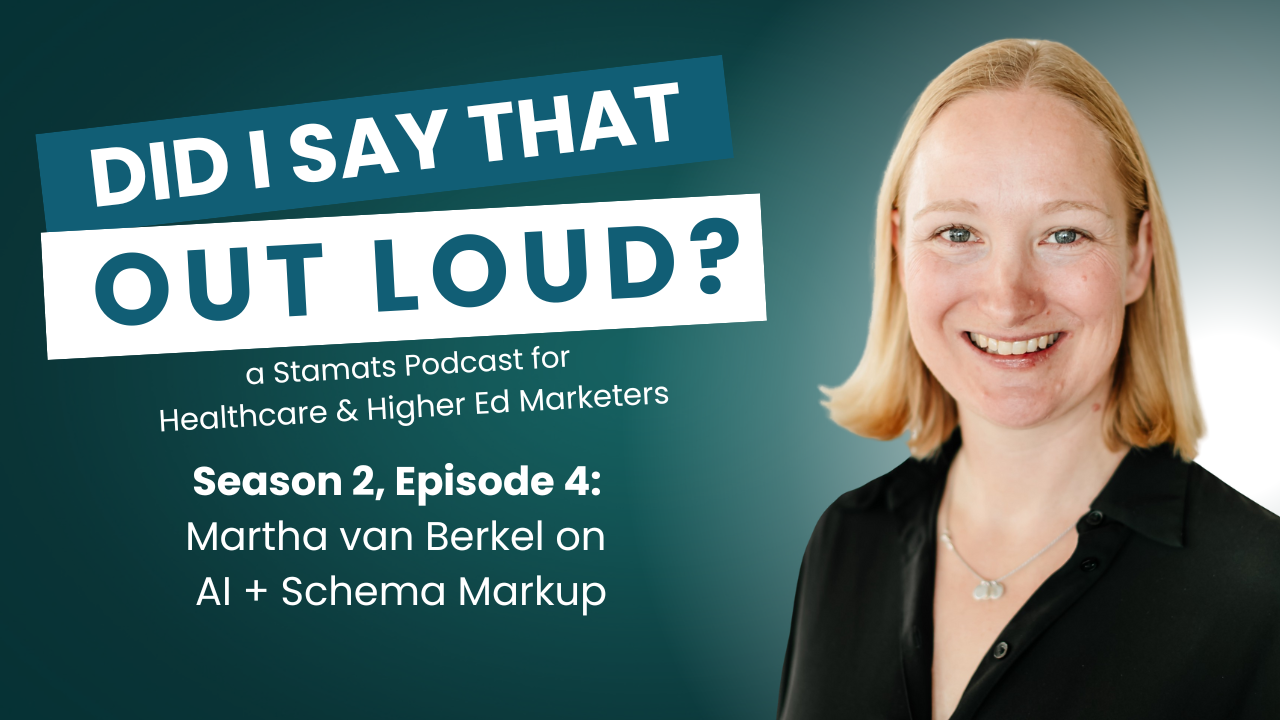Written by
on

There are a few obvious ways to tell when an academic program at your institution isn’t performing well: 1) Enrollment is down, 2) Prospective students aren’t searching for (or inquiring to) the program, and 3) Students are having difficulties finding jobs after graduation
But there are several less obvious ways you can tell whether a program at your institution has run its course. One way to reveal these details is to perform an academic program assessment using external data analysis.
Conducting an assessment of your institution’s academic programs can provide administrators and faculty with data and insights to make meaningful changes to the services you are providing.
The results will help drive cost savings and free up resources that can be used elsewhere.
4 Signs It’s Time to Reconsider an Academic Program
1. Product vs. Promotion
If data show that students are enrolling in the same type of program at other colleges in the country, or your region, but not at your institution, there might be specific issues to address:
- Your academic program (the “product”) could be outdated or less compelling than competitor offerings in terms of content or delivery.
- Communication surrounding the program might need support. How is the program named, does it fit SEO terms students use, and how are you attempting to reach prospective students? Are you tracking results by program page to see what’s working?
- Weak content regarding program career outcomes such as job titles, employer names, work settings, and skills.
A program might be near and dear to certain stakeholders or your school’s mission, but if it’s not performing well, an academic program assessment using a supplier or vendor dedicated to this type of data analysis can help determine whether promotion is the issue or if the program needs revitalization.
2. Brand vs. Commodity
Academic programs—particularly graduate programs (like MBAs)—typically fall into one of two camps: either well-branded or a commodity.
Branded programs propel graduates into top-tier jobs. Also, branded programs attract:
- Better students who are willing, and often able, to pay more
- Highly qualified faculty who often graduate from well-branded programs
- More affluent donors
Commodity programs, on the other hand, are known for lower cost and greater convenience. They offer less prestige and attract students and faculty who did not or could not attend (or work) at a branded program.
Are your academic programs brand or commodity buys? Academic program research assessments can tell you and provide positioning insight to improve your program’s performance.
3. Delivery
Since the COVID pandemic, online programs have gained acceptance and growth in student demand. Employers’ acceptance of online learning has also grown considerably.
That said, how students can access a program might be holding the program back:
Related reading: What Certificates Should We Offer
To determine the proper course for your existing program, consider conducting market research to evaluate the student demand, employer demand, and competitive landscape. Supplement the findings with prospective student or alumni interviews and you’ll have the confidence you need to take the next steps.
4. Faculty Changes
Sometimes programs fail due to the departure of a faculty champion who was a main draw for students. Though name recognition is beneficial when starting a new program, it’s dangerous to build a program around a person. Student search for programs is primarily digital and search engine optimization with keywords plays a greater role in being found. Consider a thought leadership blog from multiple faculty members to build more attention around a program or set of programs to increase your ranking in search engine results.
Starting Your Academic Program Assessment
When conducting an academic program assessment, it’s critical to consider the data plus the political implications of changing or potentially ending a program. An equally important consideration is choosing a supplier or vendor who can remain objective when working with all your key stakeholders, from students to leadership to faculty to marketing officers. Often third-party analysis provides the necessary speed and distance from internal politics to make program change happen more quickly.
Our research team brings direction and focus to each program or portfolio analysis we conduct. Using robust and proven databases, we offer suggestions for program viability and improvement.
Ready to Get Started?
Reach out to us to talk about your strategy and goals.


